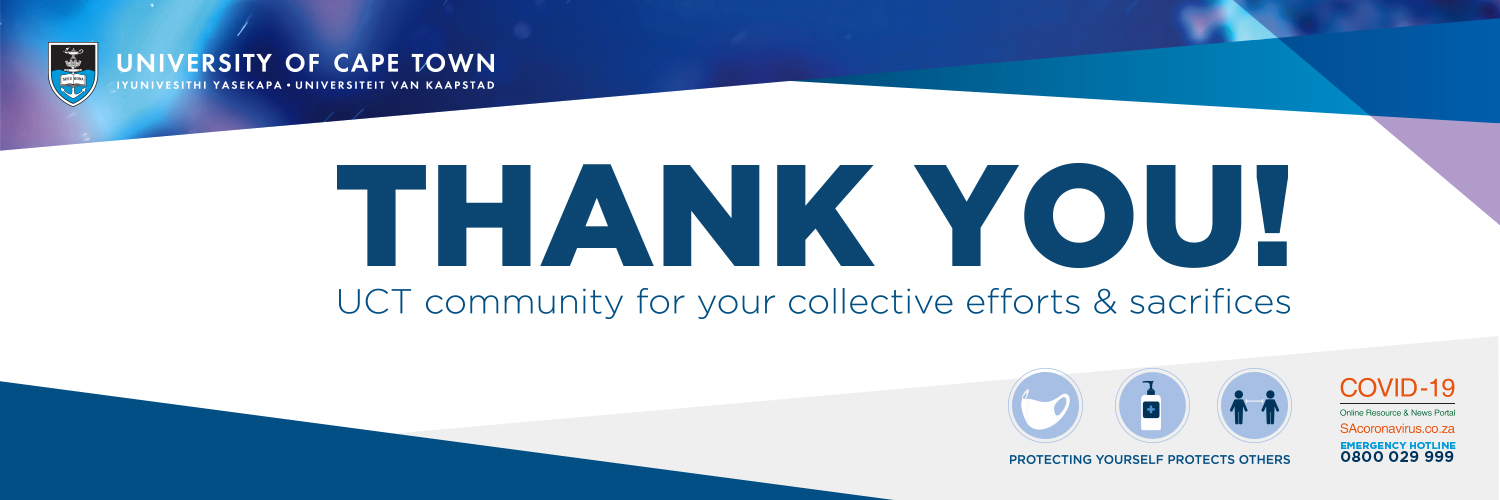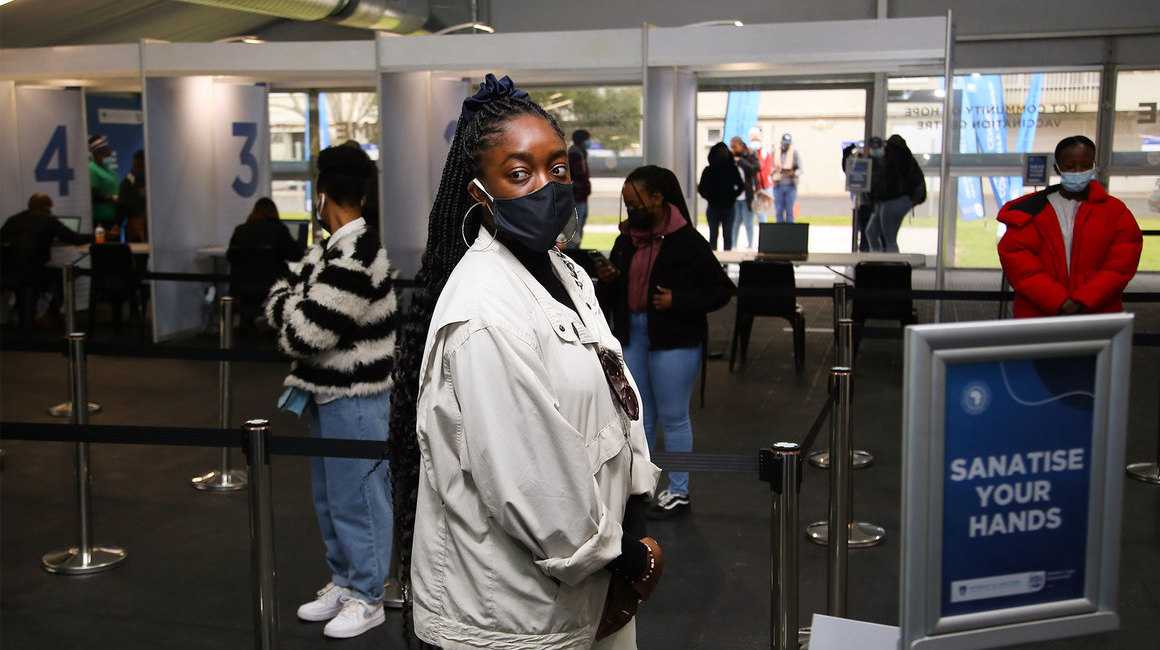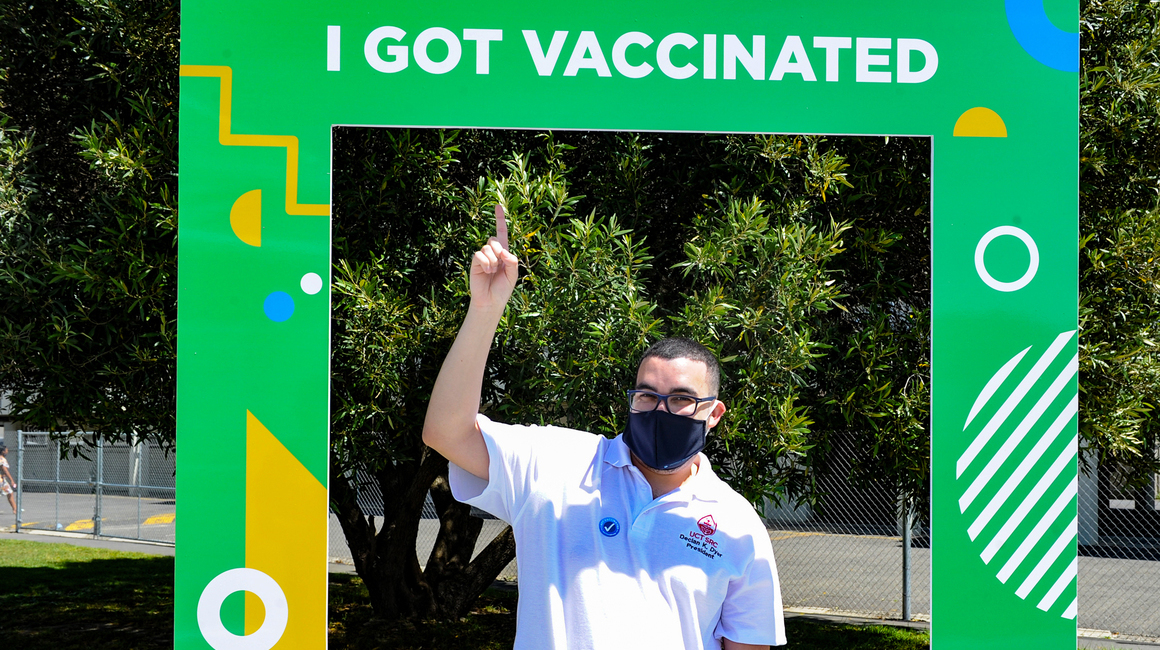People with diabetes at risk of severe COVID-19, study confirms
15 July 2021 | Story Ridovhona Mbulaheni, Joel Dave. Photo Pavel Danilyuk/Pexels. Read time 3 min.
A recent study from the University of Cape Town (UCT) confirmed that people living with diabetes (PLWD) are at an increased risk of severe COVID‑19 (hospitalisation and mortality). The findings were published in the journal Diabetes Research and Clinical Practice.
The researchers used data from the first wave of the pandemic in the Western Cape, from 4 March 2020 (when the first case was identified) to 15 July 2020, when infection rates had dropped.
During this period, 64 476 people were diagnosed with COVID‑19, of which 9 305 were PLWD. In the COVID‑19 patients with diabetes, 44.9% were hospitalised, 4.0% were admitted into an intensive care unit (ICU), 0.6% received ventilation and 15.4% died. This, in comparison with the COVID‑19 patients without diabetes: 12.2% were hospitalised, 1.0% were admitted, 0.1% were ventilated and 4.6% died.
“We found that increasing age, male sex, diabetes, current tuberculosis, HIV infection and chronic kidney disease were significantly associated with admission to hospital and mortality. In PLWD, HIV infection, chronic kidney disease, current tuberculosis, male sex and increasing age were significantly associated with admission to hospital and mortality,” said the lead researcher and head of UCT’s Division of Endocrinology, Associate Professor Joel Dave.
Increased risk
Associate Professor Dave said the results showed an increased risk of hospital admission, ICU admission and death in people diagnosed with COVID‑19 who have diabetes, with almost half of all COVID‑19 deaths occurring in PLWD.
“After adjusting for various variables such as age, sex and comorbid disease, including HIV status, PLWD had almost four times the risk for hospitalisation and three times the risk of death relative to people without diabetes,” he said.
The study confirms earlier findings from an analysis performed before 1 June 2020 of COVID‑19 death in the general population, being associated with age, male sex, chronic kidney disease, and in people with active tuberculosis and HIV.
“It is incumbent upon us as healthcare providers to offer education and close monitoring of risk in PLWD.”
Dave said the population with diabetes is at high risk, possibly due to poorer access to optimal care for diabetes.
“We also found that concurrent HIV infection or chronic kidney disease and diabetes are associated with more severe disease and that metformin use, in particular, is associated with a reduced mortality,” he said. “These findings are of major public health importance, which raises the question of how to ameliorate the high risk of PLWD during this COVID‑19 pandemic.”
He continued: “It is incumbent upon us as healthcare providers to offer education and close monitoring of risk in PLWD. It is too premature to recommend widespread use of metformin. Additional interventions in PLWD who are diagnosed with COVID‑19 may include home oxygen saturation monitoring, ensuring adequate glycaemic control, early identification of deterioration in symptoms with rapid access to hospital admission, and consideration for pre‑emptive admission to hospital for those PLWD who are deemed to be at very high risk of severe COVID‑19.”
 This work is licensed under a Creative Commons Attribution-NoDerivatives 4.0 International License.
This work is licensed under a Creative Commons Attribution-NoDerivatives 4.0 International License.
Please view the republishing articles page for more information.
UCT’s response to COVID-19 in 2021
COVID-19 is a global pandemic that caused President Cyril Ramaphosa to declare a national disaster in South Africa on 15 March 2020 and to implement a national lockdown from 26 March 2020.
UCT is taking the threat of infection in our university community extremely seriously, and this page will be updated regularly with the latest COVID-19 information. Please note that the information on this page is subject to change depending on current lockdown regulations.

Global Citizen Asks: Are COVID-19 Vaccines Safe & Effective?
UCT’s Institute of Infectious Disease and Molecular Medicine (IDM) collaborated with Global Citizen, speaking to trusted experts to dispel vaccine misinformation.
If you have further questions about the COVID-19 vaccine check out the FAQ produced by the Desmond Tutu Health Foundation (DTHF). The DTHF has developed a dedicated chat function where you can ask your vaccine-related questions on the bottom right hand corner of the website.
IDM YouTube channel | IDM website
UCT Community of Hope Vaccination Centre
The University of Cape Town in partnership with the Western Cape Government (WCG) have reinforced our commitment to bringing hope to the residents of the Mother City with the launch of the world‑class Community of Hope Vaccination Centre that opened its doors on Monday, 30 August 2021.
The site is located on Main Road in Mowbray – in the Forest Hill Residence – and access is from Broad Street. The site is open every Monday to Friday from 08:00 to 15:00 and on Saturday from 09:00 to 13:00. Please allow time for attending to COVID-19 protocols and arrive as early as possible at the vaccination centre.
Frequently asked questions
News and views
Campus communications
2021
Media releases
Read more
UCT statements related to COVID-19 vaccinations
This is a space created for all formal bodies and structures within the university community to share their opinions on the need for a mandatory COVID-19 vaccine policy. Please note that some editorial judgement may be applied if the received statements go against any constitutional rights, and that no correspondence will be entered into, statements will be posted unedited and as received. Statements can be sent to opinions@uct.ac.za.
Commemorating a year of COVID-19
At midnight on 26 March 2020, South Africa went into the first nationwide hard lockdown. A year later, we remember those who have died and those who have been affected by COVID-19, as well as the pandemic’s effects across society and campus. We are especially grateful for the front-line health workers who have done so much for so many.
#UCTCOVIDPledge – social media elements
Customised Facebook frames and Instagram stickers are now available on those social media platforms. Watch the tutorial videos here to see how easily you can show your support for the #UCTCOVIDPledge.
In an email to the UCT community, Vice-Chancellor Professor Mamokgethi Phakeng said:
“COVID-19, caused by the virus SARS-CoV-2, is a rapidly changing epidemic. [...] Information [...] will be updated as and when new information becomes available.”
We are continuing to monitor the situation and we will be updating the UCT community regularly – as and when there are further updates. If you are concerned or need more information, students can contact the Student Wellness Service on 021 650 5620 or 021 650 1271 (after hours), while staff can contact 021 650 5685.












































































